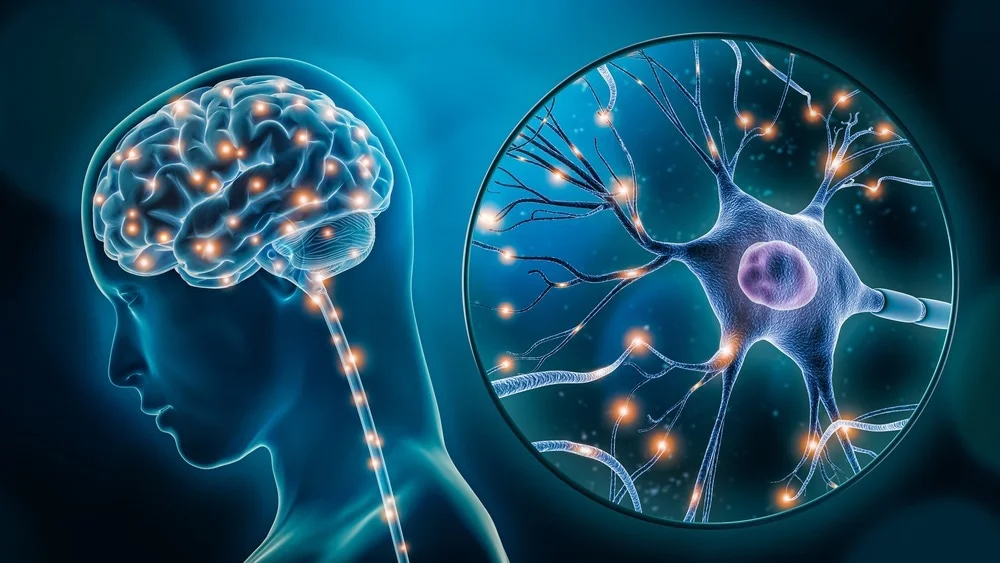Renowned expert Charan Ranganath shares insights into the fascinating world of memory in his latest book, “Why We Remember.” Combining cutting-edge neuroscience research with personal anecdotes, Ranganath sheds light on how memory influences our daily lives. The book debuted at No. 5 on The New York Times bestseller list for nonfiction shortly after its release on Feb. 20.

Ranganath, a psychology and neuroscience professor at UC Davis, acknowledges his own occasional forgetfulness despite his expertise in memory science. He challenges common misconceptions about memory, illustrating how it operates through examples like basketball legend LeBron James’ detailed game recollections.
Contrary to popular belief, Ranganath explains that remarkable memory feats often stem from extensive experience rather than superhuman abilities. Memories, he asserts, serve as supporting elements to the brain’s prefrontal cortex, akin to a CEO relying on informed guidance from a helpful passenger.
The author’s interest in memory stems from his experiences evaluating patients with memory impairments and assisting individuals with mental health issues like PTSD. Over two decades, Ranganath has immersed himself in memory research and education at UC Davis, where he leads the Dynamic Memory Lab and directs the Memory and Plasticity Program.
Ranganath’s book is designed for anyone seeking a deeper understanding of memory’s inner workings to enhance their lives. Throughout the writing process, Ranganath’s scholarly interests expanded to include the intersection of memory research with artificial intelligence and collective memory’s role in social challenges like misinformation. He underscores the profound impact of memory on individual experiences and societal dynamics.
“Why We Remember” has garnered extensive media coverage since its release, drawing attention to its unique blend of relatability and expert knowledge. Ranganath emphasizes the pervasive influence of memory on various aspects of life, from momentary feelings to broader self-concepts. Ranganath’s book offers both insights and solutions by illuminating the profound ways in which memory shapes our understanding of the world and ourselves.
Leave a Reply